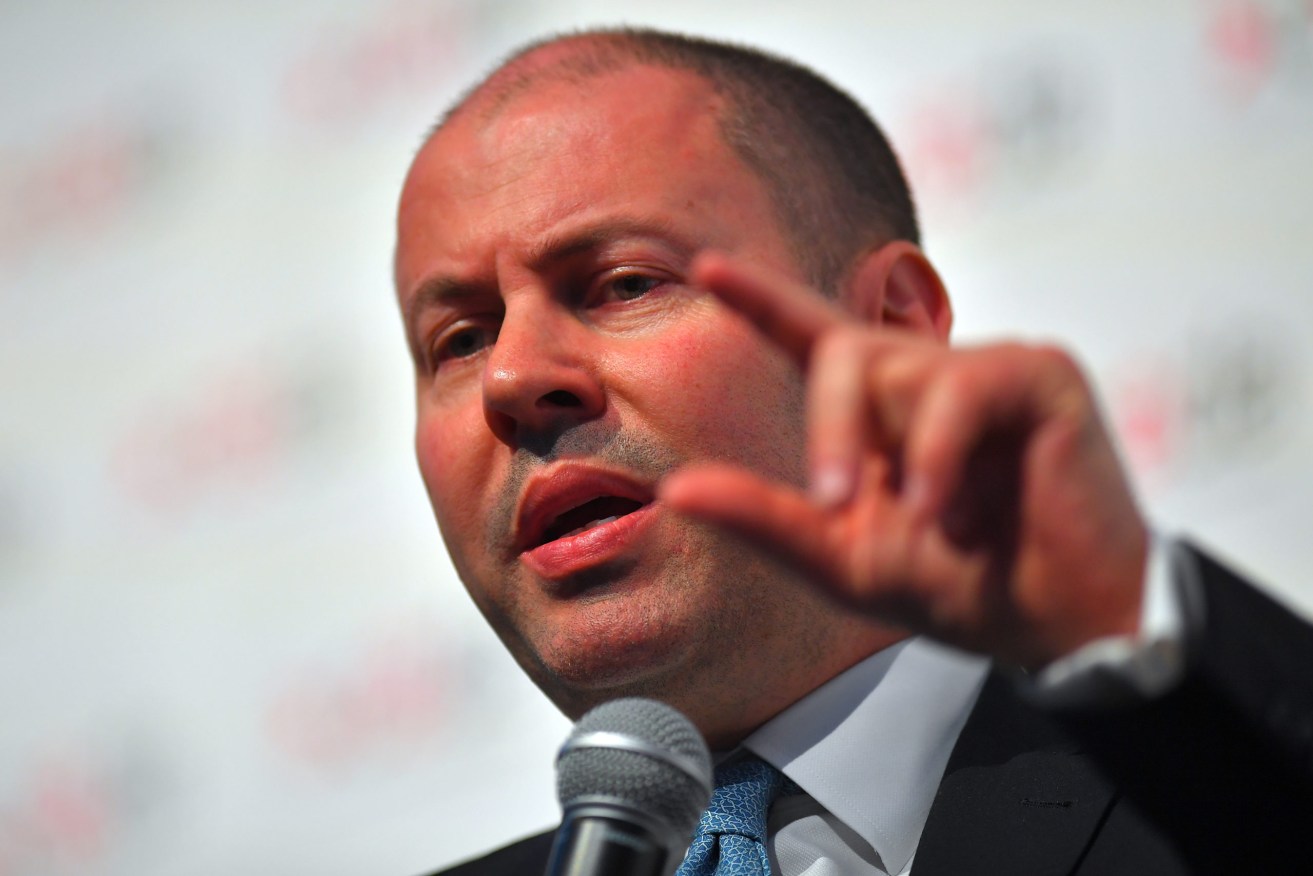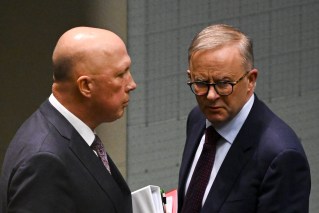Treasurer says we’ll take a whack, but should avoid second recession
The Australian economy is set to take a whack from the impact of half of the population being in lockdown, but Treasurer Josh Frydenberg is confident it won’t result in a second recession in as many years.

Federal Treasurer Josh Frydenberg (Photo: Steven Saphore/AAP PHOTOS)
Like Prime Minister Scott Morrison, Frydenberg expects the economy will contract in the September quarter as a result of lockdowns in NSW, Victoria and South Australia.
Sydney and Melbourne alone account for about half of the economy’s output.
Treasury estimates these restrictions are costing the economy $300 million a day.
“So it is a big hit to the economy,” Frydenberg told the Nine Network on Thursday.
“We will see it play out in the unemployment numbers. We will see it play out in the growth numbers.”
Asked whether Australia would avoid an economic contraction in the December quarter, Frydenberg said the economy bounced back much stronger than initially thought after last year’s recession.
“I’m confident that while the September quarter will be tough, as long as we’re able to get on top of the virus, then we’ll continue to see Australia’s strong economic recovery,” he said.
A recession is usually represented by two consecutive quarters of economic contraction.
Labor’s finance spokeswoman Katy Gallagher blamed Australia’s economic situation on the government’s poor vaccination rollout, with just 12 per cent of the population inoculated after six months.
“It’s put us at risk economically and our health as well,” she told Sky news.
New figures will give a flavour of how Australia’s labour market was performing in the very early stages of July and after the unemployment rate dropped to a decade low of 4.9 per cent the previous month.
The Australian Bureau of Statistics is set to release its latest weekly payroll jobs report, which provides a rough guide to the monthly official labour force figures.
However, the data won’t capture the full-extent of ongoing lockdowns.
The ABS will also release its preliminary international trade figures for June.
Strong demand for iron ore from China has helped to lift Australia’s trade position to some of its biggest-ever surpluses, despite growing frictions between the two countries.
In total, iron ore exports rose 18.3 per cent in May to a record $16.6 billion.
Such strong shipments came despite an iron ore price that reached a record price above $US230 per tonne in May, with the prized commodity currently fetching $US220 per tonne.












